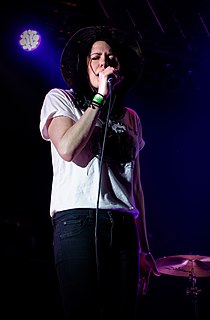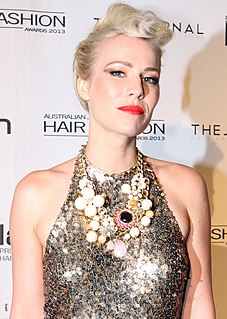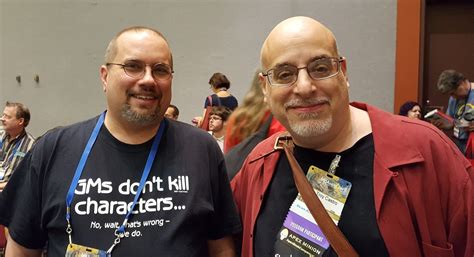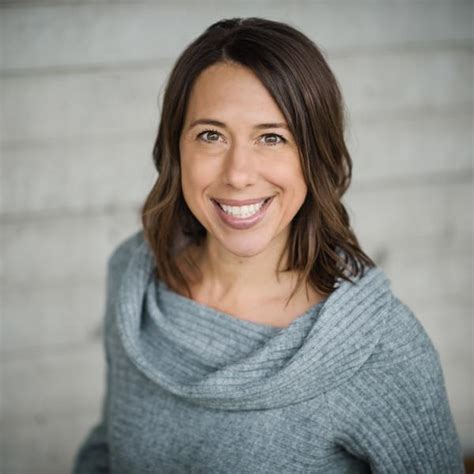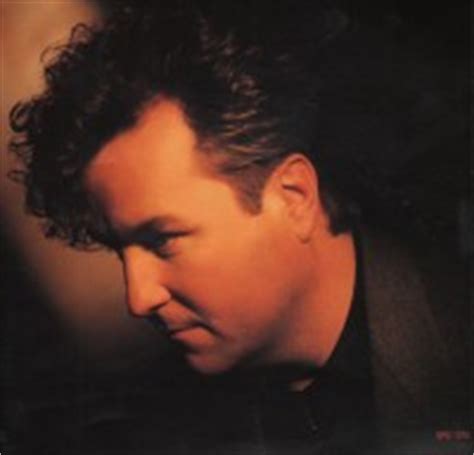A Quote by Michael Dirda
I don't think of myself as a critic at all. I'm a reviewer and essayist. I mainly hope to share with others my pleasure in the books and authors I write about, though sometimes I do need to cavil and point out shortcomings.
Related Quotes
Hope is such a powerful thing. We all have hope for different things, but I think sometimes we need to share our hope with other people. We're sometimes in our own issues, and it isolates us, but when we come together and encourage each other and give a little bit of hope, it can, like it says in the song, go a long way.
I am a book reviewer. I write for a glossy magazine called 'SCI FI.' The money is not life-changing, but it's a low-stress gig. Publishers send me their books. More than I could possibly read. I pick a few and write about them, put a very few others on the shelf, to be perused at my leisure, someday.
All the authors who've ultimately published Louder Than Words memoirs have been very happy to be chosen and excited about the possibility of having their memoir published. Even though these books deal with serious, often painful, issues, in all cases the authors felt as though writing their story would be an empowering and healing experience.


